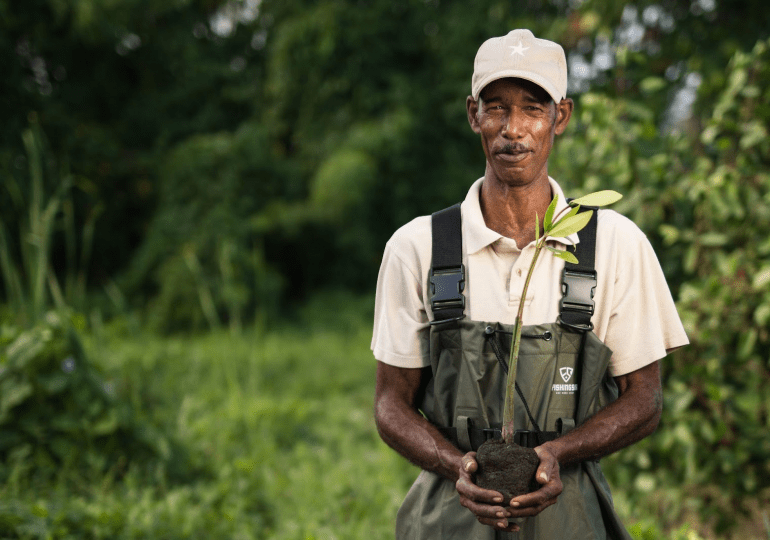Iberostar Group reduces its carbon footprint by 10% by 2022

Grupo Iberostar, an international benchmark in responsible tourism, has managed to reduce its carbon footprint by 10% over the course of 2022, which means the elimination of 24,500 tons of CO2 emitted into the atmosphere in one year as a result of its ambitious roadmap towards decarbonization by 2030, according to the “Wave of Change 2022 Year in Review” report presented by the Mallorcan hotel group, which reflects its progress in terms of sustainability.
The report includes some of the company’s most ambitious plans for 2023 in favor of the circular economy, promoting the consumption of responsibly sourced fish and seafood, and improving the coastal health of the ecosystems surrounding its hotels around the world.
Reduced emissions and food waste
The 10% reduction in the carbon footprint achieved by the hotel company in 2022 was possible thanks to the consumption of energy from renewable sources in 100% of its hotels in Spain, as well as progress in the electrification of its three hotels in Montenegro and the reduction of energy consumption by 5%, equivalent to the average consumption of 5,460 Spanish households in a year.
Similarly, thanks to the implementation of artificial intelligence in the kitchens of twenty of its hotels, the company avoided 213 tons of food waste in the last year -equivalent to 533,000 meals-, which reduced 916 tons of CO2. Such is the success of the initiative that the hotel company has announced that this system will be installed in all the Group’s hotels before the end of the year.
This progress is part of the Iberostar Group’s strategy to achieve carbon footprint neutrality by 2030, by reducing its Scope 1 and 2 emissions by 85%, and Scope 3 by 50%. Thus, the roadmap towards decarbonization presented in 2022, which is endorsed by the Science-Based Targets initiative (SBTi), responds to the reduction in emissions necessary to keep global warming below 1.5 degrees Celsius until 2050, and for whose global objective Grupo Iberostar will be 20 years ahead of schedule in the industry.
Exceeding 78% of responsible fish at a global level
One of Iberostar’s objectives is that by 2025 all fish and seafood consumed in its hotels will be 100% responsible. In this line, in 2022 the company achieved that in Mexico all the fish and seafood offered will come from responsible sources, while in Spain it has already reached a percentage of over 90%, exceeding 78% of the traceability of the origin of responsible fish at a global level.
The company also has various projects to support fishing communities in the destinations in which it operates and is working to expand and extend these initiatives to more and more communities, currently with projects in Spain, Mexico, Peru and Brazil.
Conservation and restoration of coastal ecosystems
Iberostar is committed to improving the health of the ecosystems surrounding its hotels by 2030, with the aim of increasing the quality of tourism in the destinations. Under this premise, the company has a scientific team in charge of studying and caring for the ecosystems surrounding the company’s hotels.
So far, Iberostar has three mangrove nurseries with more than 14,400 mangroves in the Dominican Republic, four coastal dune nurseries in Mexico with 9,000 plants, and has already inaugurated its fifth coral nursery in Mexico.





